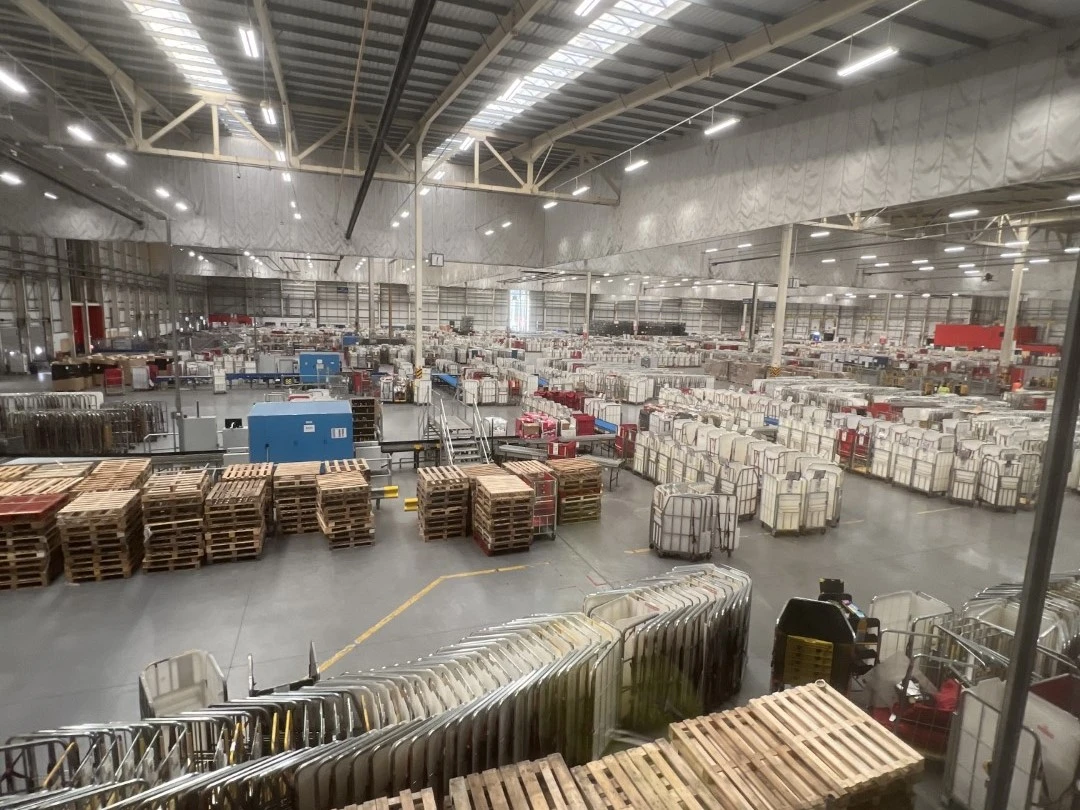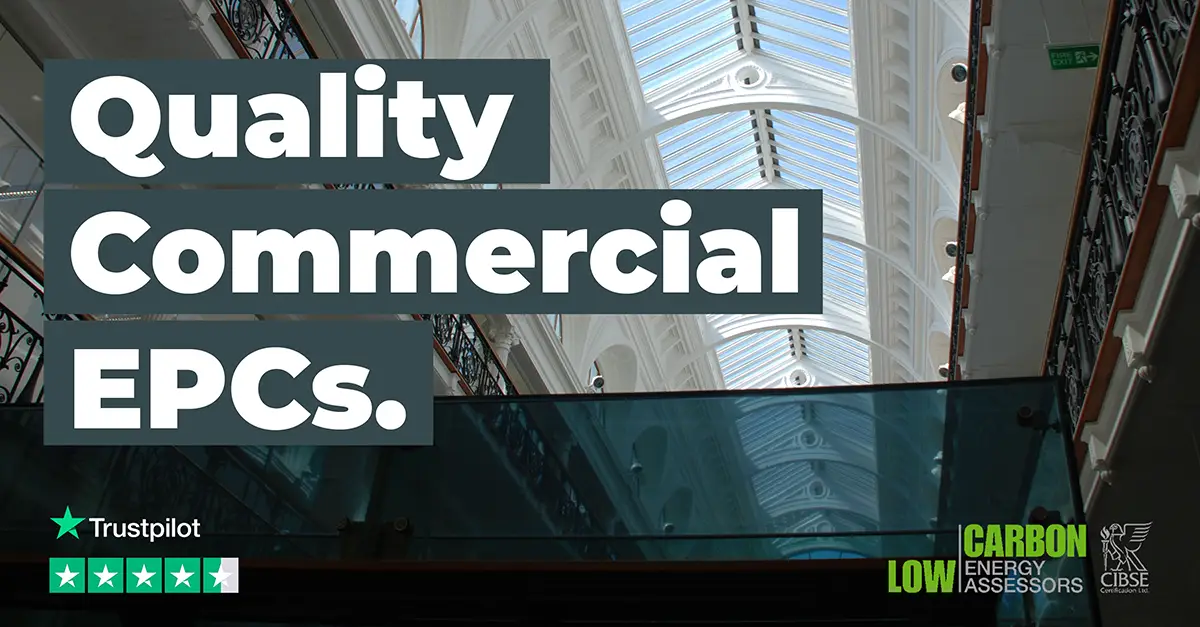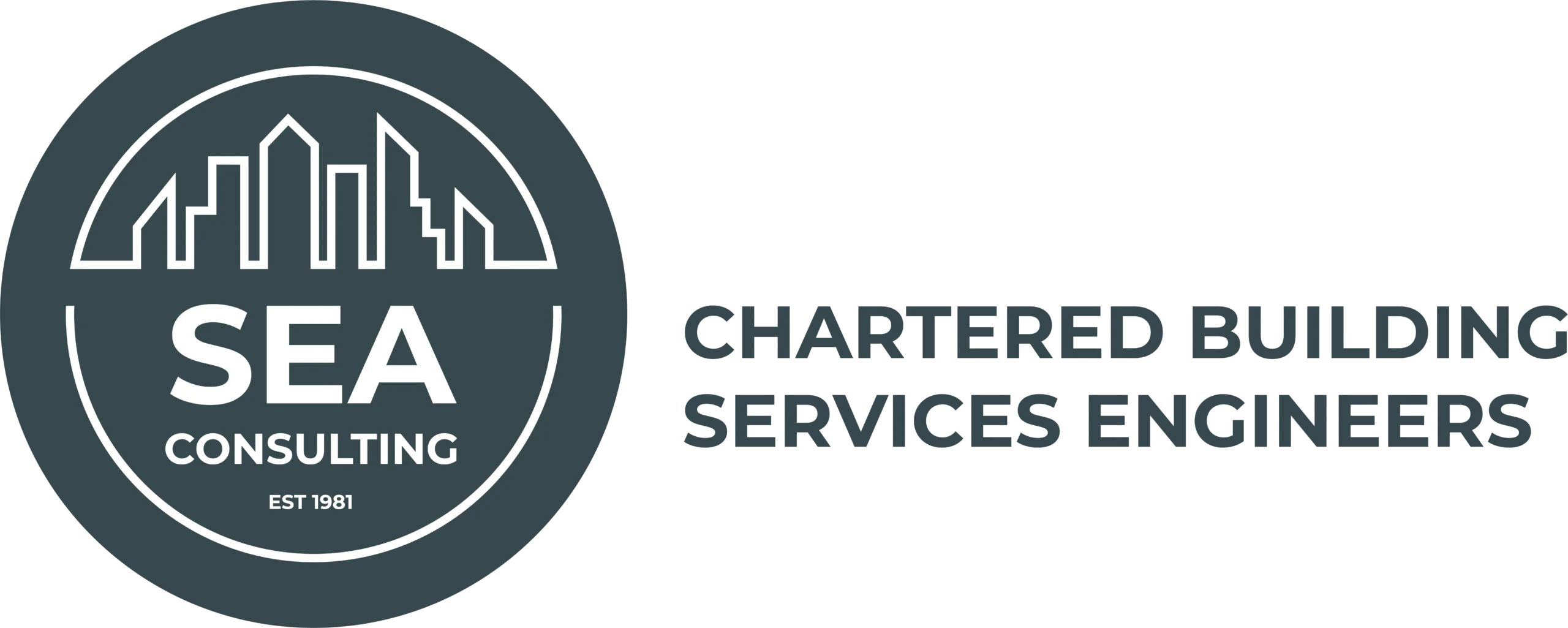With increasingly strict EPC regulations and rising energy costs, commercial property owners must leverage energy-efficient technologies to maintain compliance and improve sustainability. Investing in modern systems can dramatically improve a building’s EPC rating while also lowering long-term operating expenses.
This article explores the top technologies you can use to boost your EPC score and make your commercial building more attractive to tenants and investors.

1. LED Lighting and Smart Controls
Lighting often accounts for a significant portion of a building’s energy use. Replacing traditional incandescent or halogen bulbs with LEDs can reduce consumption by up to 80%.
Integrate smart controls such as:
-
Occupancy sensors
-
Daylight harvesting systems
-
Automated dimmers
These features ensure lighting is used efficiently and only when necessary.
2. Energy-Efficient HVAC Systems
Heating, Ventilation, and Air Conditioning (HVAC) systems are a major contributor to energy costs. Upgrading to high-efficiency systems, such as:
-
Variable Refrigerant Flow (VRF) systems
-
Heat recovery ventilators
-
Zoned heating and cooling
These technologies reduce energy consumption and improve comfort.
Smart thermostats like Nest or Hive can optimize HVAC operations by learning occupancy patterns and automating temperature control.

3. Building Management Systems (BMS)
A BMS integrates all building systems (lighting, HVAC, security) to monitor and control energy use. Benefits include:
-
Real-time energy tracking
-
Automatic system adjustments
-
Energy consumption analytics
A well-calibrated BMS can significantly improve a building’s energy efficiency and EPC rating.
4. Renewable Energy Solutions
Incorporating renewables can help offset traditional energy use:
-
Solar PV panels reduce electricity bills and emissions.
-
Air-source or ground-source heat pumps provide energy-efficient heating and cooling.
-
Solar thermal systems can preheat water for lower energy use.
Renewables are a powerful way to improve both EPC scores and public perception.

5. Insulation and Building Envelope Upgrades
Improving the building envelope is a cost-effective way to increase efficiency:
-
Roof and wall insulation
-
Double or triple glazing
-
Air sealing and draught-proofing
A tight building envelope reduces the load on HVAC systems and improves thermal comfort.
6. Water Efficiency Technologies
While not directly linked to EPC scores, water efficiency complements sustainability goals:
-
Low-flow faucets and toilets
-
Greywater recycling systems
-
Leak detection sensors
These systems contribute to reduced utility costs and may support other building certifications (e.g., BREEAM).

